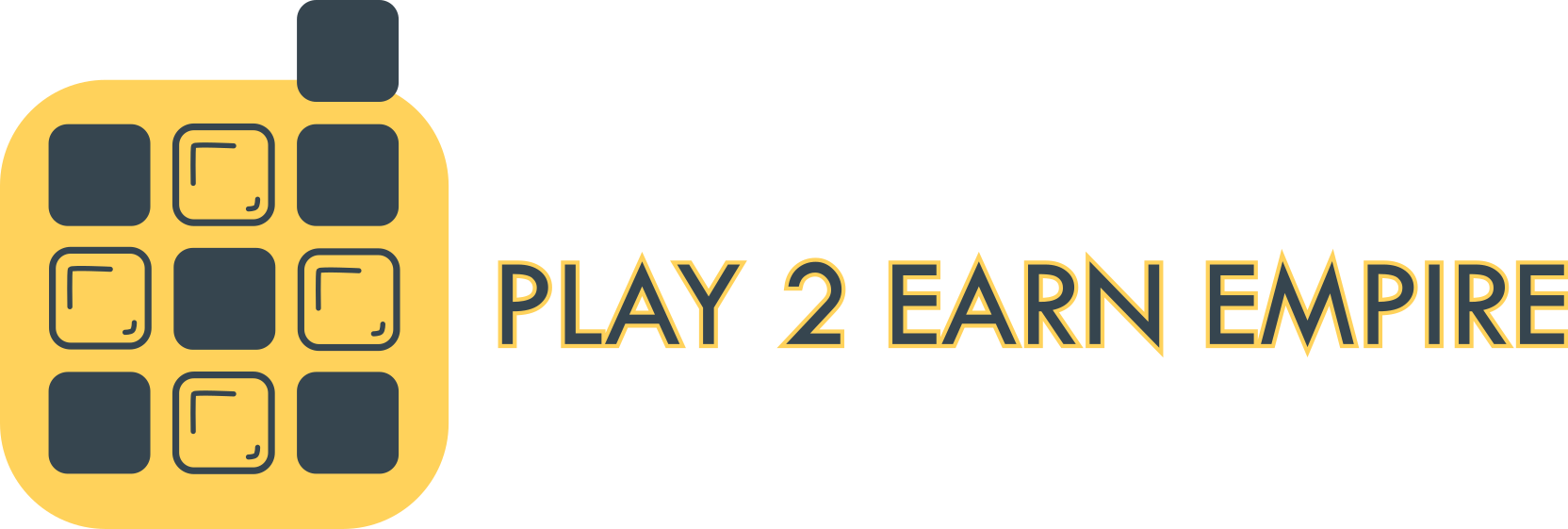Blockchain is a digital system for recording and sharing information in a secure and transparent way. Initially created to support digital currencies like Bitcoin, blockchain has evolved into a powerful tool used across various industries to store and manage data.
How Does Blockchain Work?
Imagine a digital notebook shared across many computers worldwide. Each “page” of the notebook is called a block, and it contains information like transactions or data exchanges. Once a block is verified, it is locked and linked to the previous block, forming a chain. This system ensures the information is secure and cannot be changed without everyone noticing.
Key Blockchain Terms Explained Simply
- Block: A “page” in the blockchain that stores verified information.
- Transaction: A record of something being exchanged, like money or data.
- Hash: A unique digital fingerprint that secures each block and links it to others.
- Node: A computer that helps maintain and verify the blockchain.
- Validator: A special type of node responsible for approving and adding new blocks to the chain.
Why is Blockchain Important?
Blockchain is transforming industries because it provides:
- Transparency: Everyone can see and verify the data on the network.
- Security: Information is protected using advanced cryptography.
- Decentralization: No single authority has control, making it fair and resistant to censorship.
- Resilience: It’s hard for hackers to disrupt the network due to its distributed nature.
How Blockchain Stays Secure
Blockchain uses two key features to ensure safety:
- Cryptography: Protecting data with complex codes that are nearly impossible to hack.
- Consensus Mechanisms: Rules that help all participants agree on which data is valid.
Common Consensus Mechanisms:
- Proof of Work (PoW): Used by Bitcoin, it requires solving complex puzzles to validate transactions.
- Proof of Stake (PoS): Used by Ethereum, it allows participants to validate transactions by staking cryptocurrency.
- Proof of History (PoH): Used by Solana, it timestamps transactions to ensure they occur in the correct order.
- Nominated Proof of Stake (NPoS): Used by Polkadot, it combines group collaboration with efficiency to validate transactions.
Types of Blockchains
- Public Blockchains: Open to everyone, allowing anyone to participate, validate transactions, and maintain the network (e.g., Bitcoin).
- Private Blockchains: Restricted to specific participants, often used by companies to keep operations secure and private (e.g., Hyperledger Fabric).
- Hybrid Blockchains: Combines the best of public and private blockchains, offering flexibility for businesses to keep sensitive data private while allowing public verification when needed (e.g., Dragonchain).
- Consortium Blockchains: Managed by a group of organizations, designed for industries that need collaboration and secure data sharing (e.g., R3 Corda).
Real-World Applications of Blockchain
Blockchain technology is already improving various industries:
- Finance: Facilitates digital currencies and decentralized finance (DeFi) systems, enabling transactions without banks.
- Supply Chain Management: Tracks goods to prevent fraud and ensure authenticity, as seen at Heathrow Airport’s cargo tracking system.
- Healthcare: Secures medical records, ensuring privacy and integrity. For example, Novo Nordisk uses blockchain to improve clinical trials.
- Real Estate: Simplifies property transactions by reducing paperwork and intermediaries.
- Governance: Enhances voting systems with transparency and security, minimizing fraud. Polkadot’s OpenGov is a leading example of on-chain governance.
Blockchain for Beginners: Why You Should Care
Blockchain is more than a buzzword—it’s a technology reshaping how we handle money, data, and trust. By understanding its basics and applications, you can appreciate how it’s driving innovation in industries from finance to healthcare.

